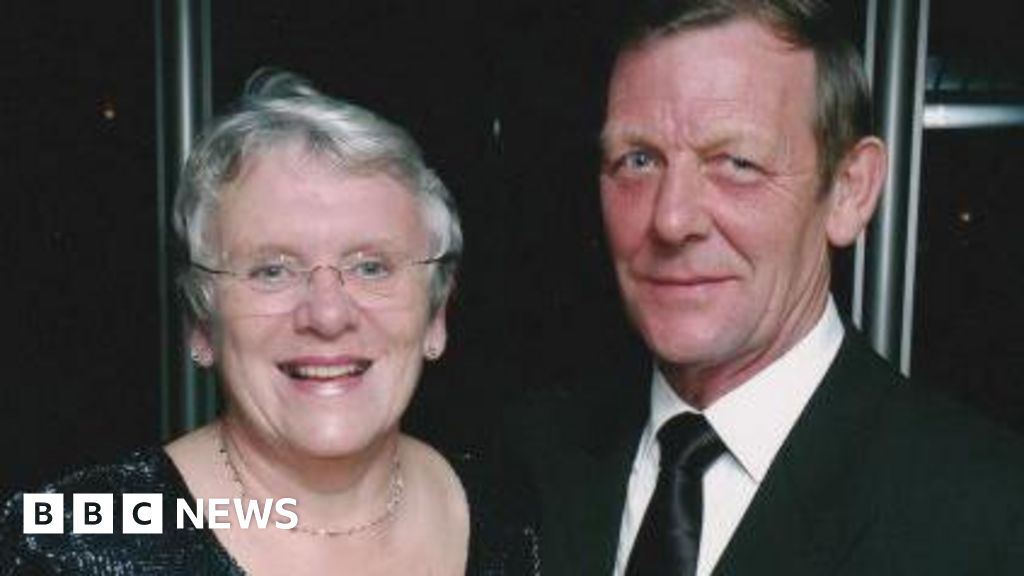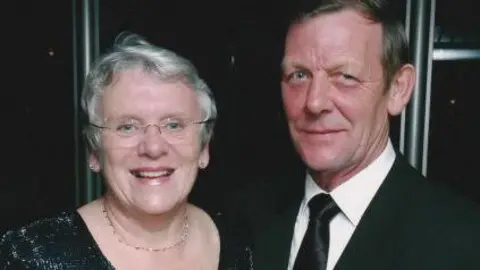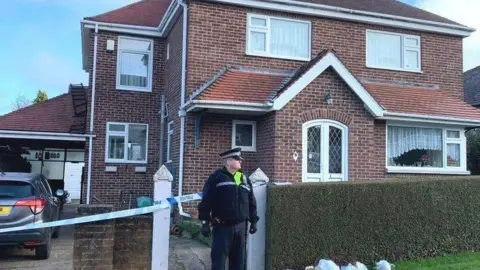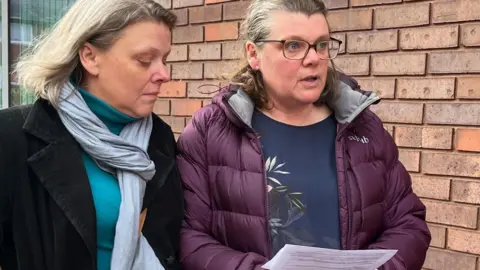1.9K
By Shealeigh Voitl
When Condé Nast bought the online music publication Pitchfork in 2015, Condé’s Chief Digital Officer Fred Santarpia told the New York Times that the acquisition brought “a very passionate audience of Millennial males into our roster.”
Three years before, in 2012, roughly 88 percent of respondents to Pitchfork’s People’s List, a record of reader-ranked albums from the last fifteen years, identified as male. Pitchfork clarified later that this figure was not “indicative of Pitchfork’s overall demographics.” (To be fair, the characterization was technically accurate, but some things are best left unsaid.)
Pitchfork’s list of 200 albums going back to 1997 was overwhelmingly White and male. Only two Black artists and two albums made by women cracked its top 50. Internally, these trends persisted.
As of 2017, only 11.4 percent of Pitchfork reviews by male authors were of albums by female artists, paling in comparison to female reviewers’ 30.1 percent. In 2019, Pitchfork’s Union cited Pitchfork’s poor labor practices and “lack of diversity across staff” as incompatible with the union’s values.
In January 2024, Condé Nast announced it was folding Pitchfork into men’s magazine GQ, laying off more than half of Pitchfork’s staff, including eight union members. The changes also included the departure of Puja Patel, Pitchfork’s editor-in-chief since 2018, who resharpened Pitchfork’s mission of serving as the “most trusted voice in music.”
Patel not only set out to maintain the integrity of Pitchfork’s signature reviews section but also spearheaded a transformative approach to its features, covering music within the context of social and cultural issues and highlighting underrepresented voices in the music industry, which Pitchfork had dabbled at in the years leading up to the shift.
“After nearly 8 yrs, mass layoffs got me. glad we could spend that time trying to make it a less dude-ish place just for GQ to end up at the helm,” Jill Mapes, former features editor for Pitchfork, shared via Twitter/X.
Music journalism, not unlike the industry it covers, is rife with (primarily White) “dude-ishness.” Jessica Hopper, music critic, former senior editor for Pitchfork, and author of The First Collection of Criticism By a Living Female Rock Critic, wrote about her experiences as a reporter and the “paternalistic scolding” she often received from men (both industry insiders and outsiders) for incorporating a feminist perspective in her work.
In 2015, Hopper asked her followers a (now deleted) question via Twitter, “Gals/other marginalized folk: what was your 1stbrush (in music industry, journalism, scene) w/ idea that you didn’t ‘count’?”
Hundreds of users responded; journalists, sound engineers, producers, artists, and music fans who were made to feel lesser by their peers. The tweet made me recall semi-humiliating moments in my own music career—ones where I felt underestimated and small.
Like the time a male sound engineer asked, as I was loading my gear in from my car, if I was the “groupie” of the guy who was opening for me that night. He talked loudly through my whole set.
Gender and racial disparities are still pervasive in media. An April 2023 Digiday report found that, although major media companies made some progress in terms of diversity and inclusion compared to 2022, they were still primarily hiring white people. And Reuters Institute data compiled by analyzing media companies across twelve countries concluded that only 22 percent of top editors were women.
So, Santarpia’s statement back in 2015 stung not only for its implication that being a thoughtful music listener was somehow distinctly masculine but also because it was a sinister reminder that behind the scenes, at so many different levels, White men were given practically sole power to determine what good music was.
Rolling Stone’s founder Jann Wenner said that he didn’t include women or Black artists in his book The Masters because they don’t “articulate at the level” as the other “philosophers of rock” who were featured in his book.
“You know, just for public relations’ sake, maybe I should have gone and found one Black and one woman artist to include here that didn’t measure up to that same historical standard, just to avert this kind of criticism,” Wenner told the New York Times in 2023. “I wish in retrospect I could have interviewed Marvin Gaye. Maybe he’d have been the guy.”
It’s not that a team at GQ is incapable of producing decent music coverage. It’s that when music media suddenly gets absorbed by men’s media, you start to wonder what and who gets left behind.
Many Pitchfork contributors whose diverse perspectives added nuance to Pitchfork’s music coverage have been abruptly dismissed. Newsrooms are shrinking, and online spaces devoted to highlighting underground art are at risk of disappearing.
But women, people of color, queer and non-binary folks, and other marginalized communities have always been innovating, making music, writing about music, and finding ways to introduce new sounds to their circles, even if men like Wenner don’t find those particular histories worthy of exploring.
Brittany Spanos, senior writer at Rolling Stone, said of her colleagues at Rolling Stone following Wenner’s comments, “The most important work we do is creating careers and legacies. And it’s our job to make it clear that those legacies are not reserved just for straight white men.”
Shealeigh Voitl is Project Censored’s Digital and Print Editor. A regular contributor to the Project’s yearbook series, her writing has been featured in State of the Free Press 2023, Truthout, The Progressive, and Ms. Magazine.






































































































































You must be logged in to post a comment Login